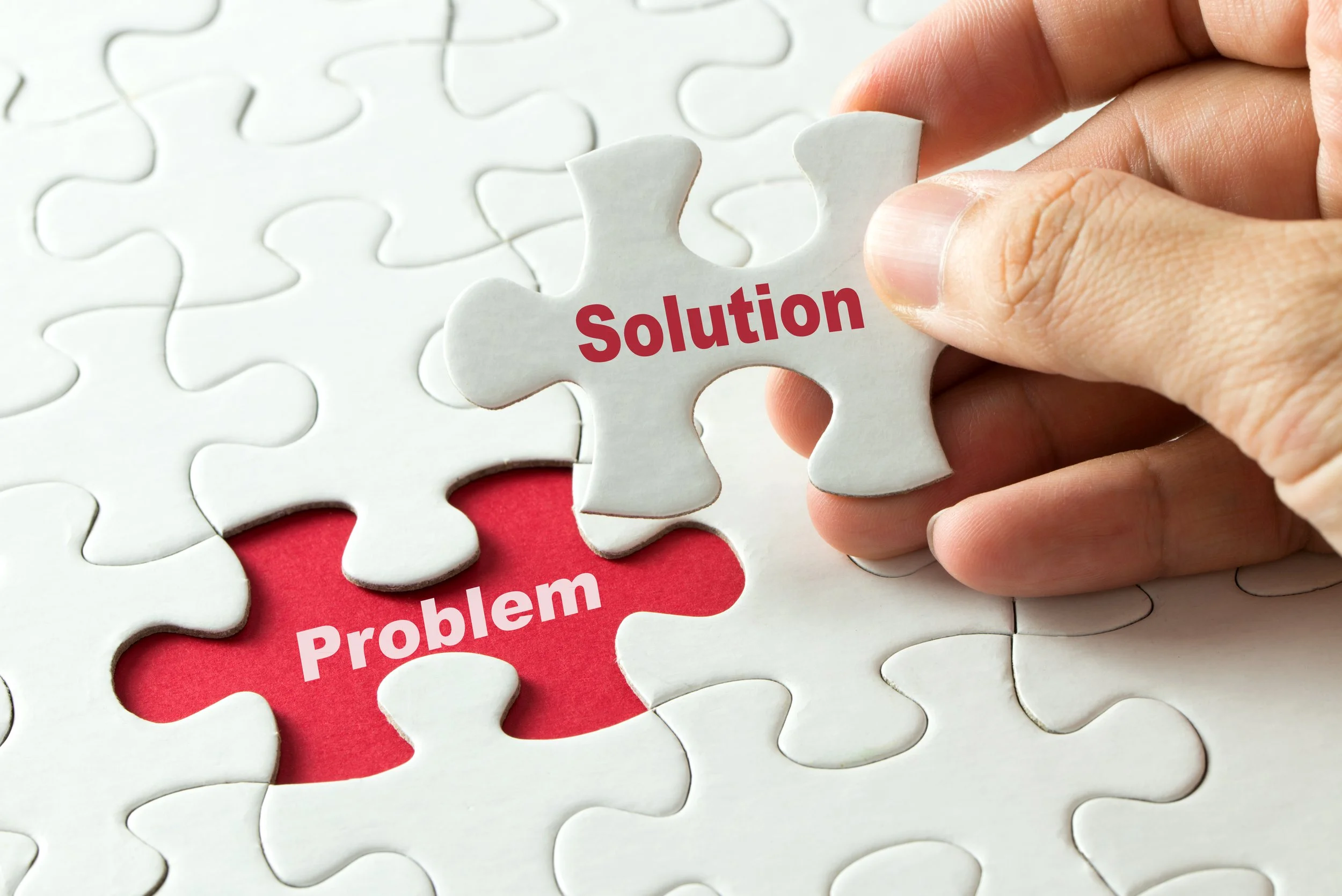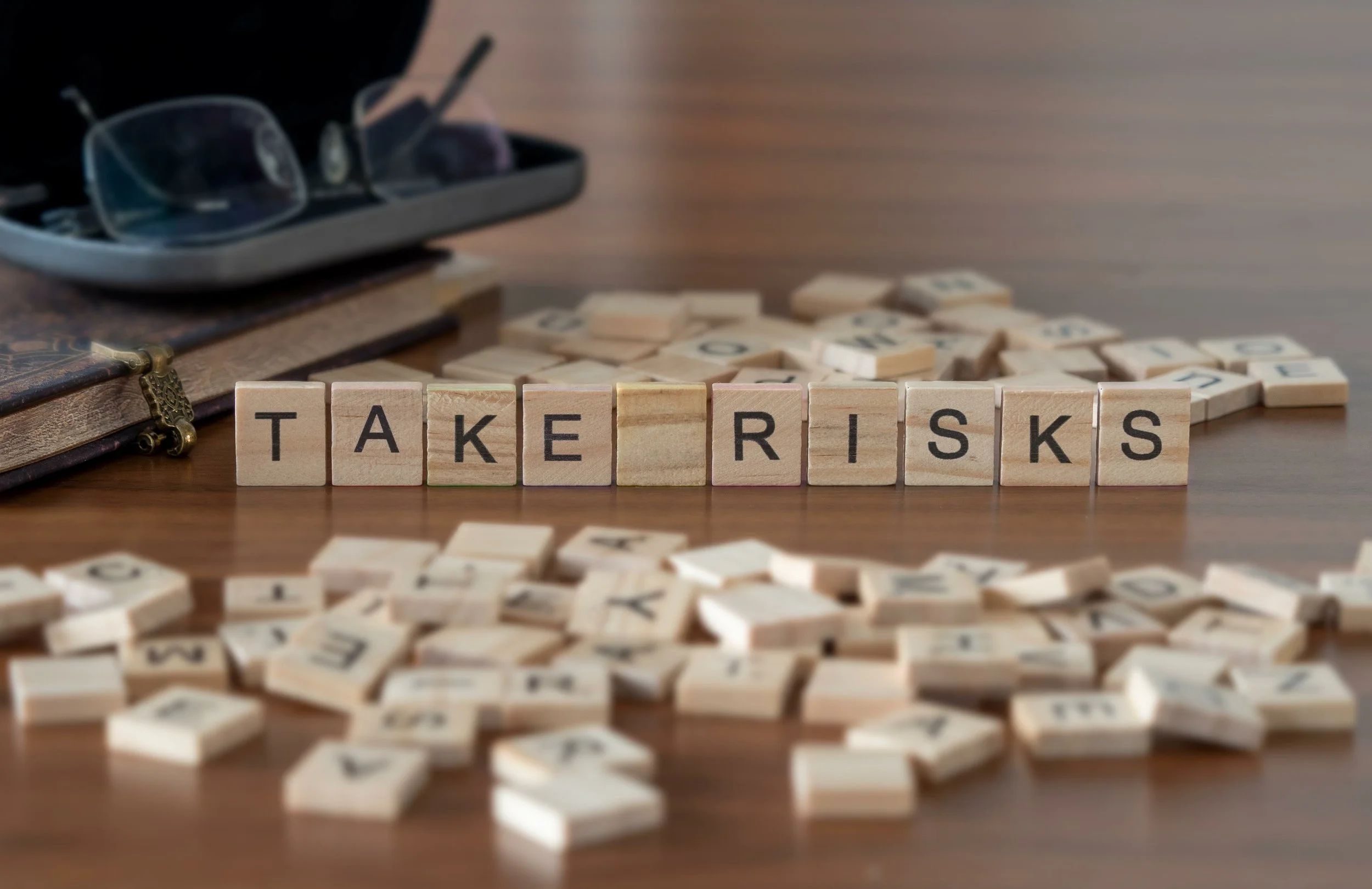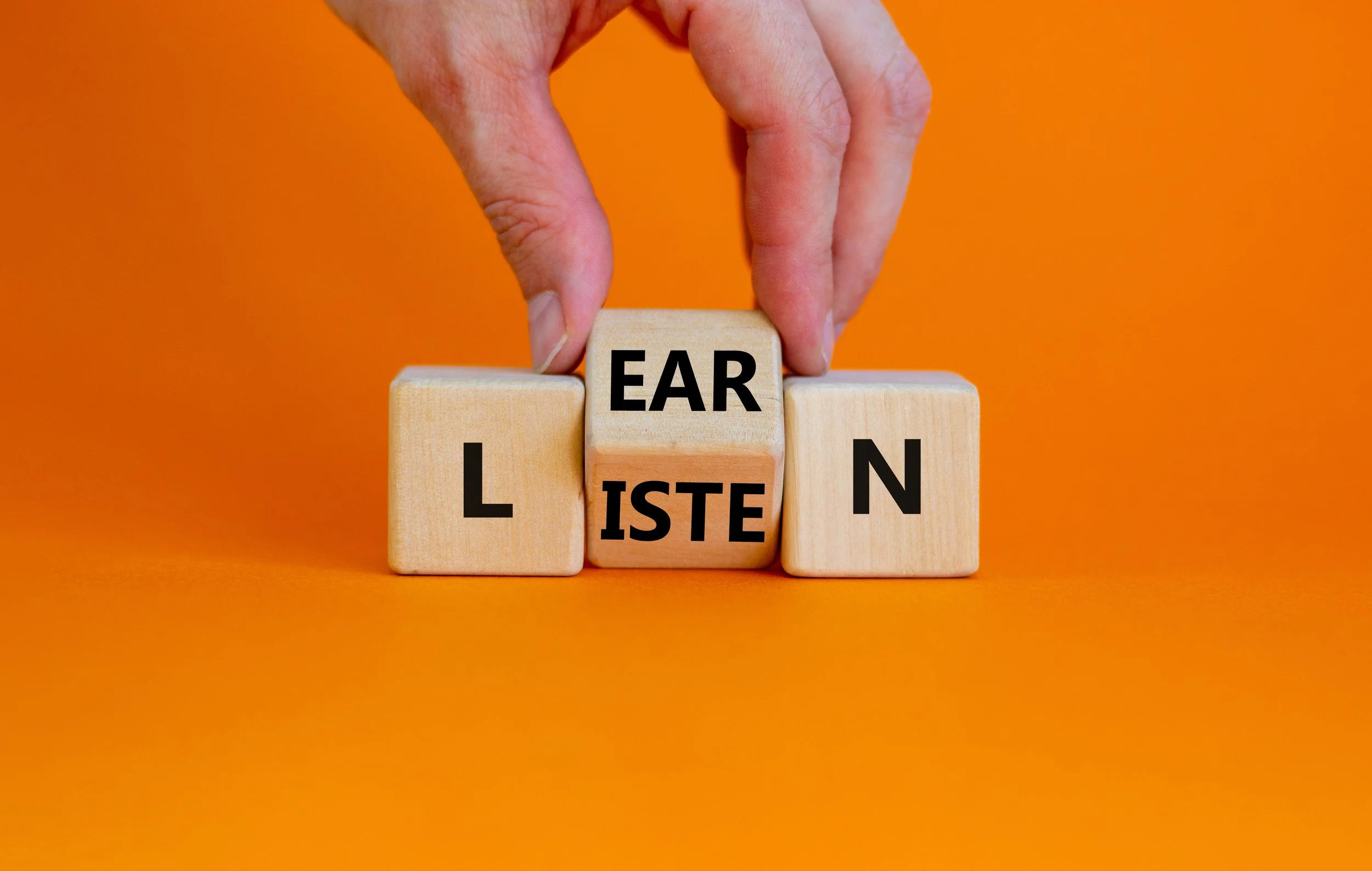You know which one it is! For me it was presenting at @ACHE 2021 Congress without slides. I’m not a huge fan of PowerPoint or Keynote anyway so I thought I’d give it a try. I took the advice of professional speaker Catherine Johns to look ‘through’ the camera (not ‘at’ the camera). I had a few notes like Lester Holt has for @NBC Nightly News does, an outline of major ideas on a flip chart behind the camera, and I envisioned my invisible audience loving every minute! It was a risk, but I’d already seen so many presenters who ‘shared their screen’ and then it was slide after slide after slide, sometimes every word narrated by the speaker! How about you? What would be a small risk for you? About how:
· A meeting with only chairs in a circle.
· An electronics free meeting…no computers, no cell phones, no slides.
· Sitting with each patient you visit instead of standing.
· Asking your nurses the best question I learned from Char Wenc: “What do you know, that I don’t know, that I should know?” A great, great question for every executive or parent to also ask!
· Inviting your “Dr. Evil” to coffee just to chat. (Every organization has one. Maybe this person is isolated, lonely, and in need of you!)
· Treat your kids to ‘dessert first’ next time you are out for a family dinner. Quite literally order dessert first prior to the entrée. (Your children will love you forever! One of my physician clients did it at Denny’s with his four kids and his wife. Yes, she was surprised! He told me with a lump in his throat, “Kevin it was the best dinner we ever had…we talked! No iPads, no phones…we talked!”)
· During your next “I am losing this argument” moment just say “I need to go to the bathroom, I’ll be right back.” Then get your act together and return with “Now, where were we?” Notice the change that always happens in mood, communication, and cooperation.
· Marina Bluvshtein a professor from Adler University in Chicago advises “Try to win an agreement instead of an argument!”
· Negotiation expert Derek Arden from the UK advises that people love a good talking with, rarely a good talking to!
Risks taken never feel that big after all!




















